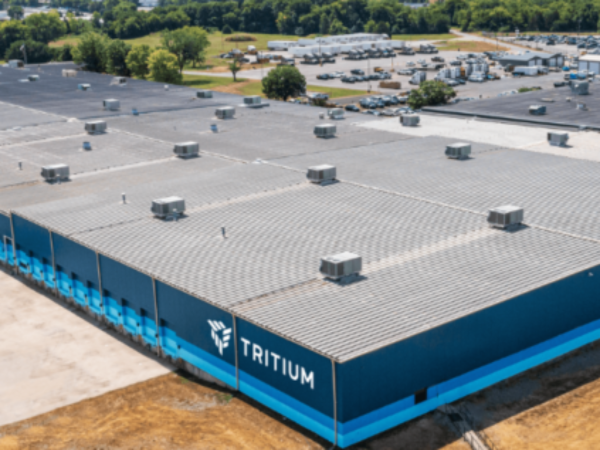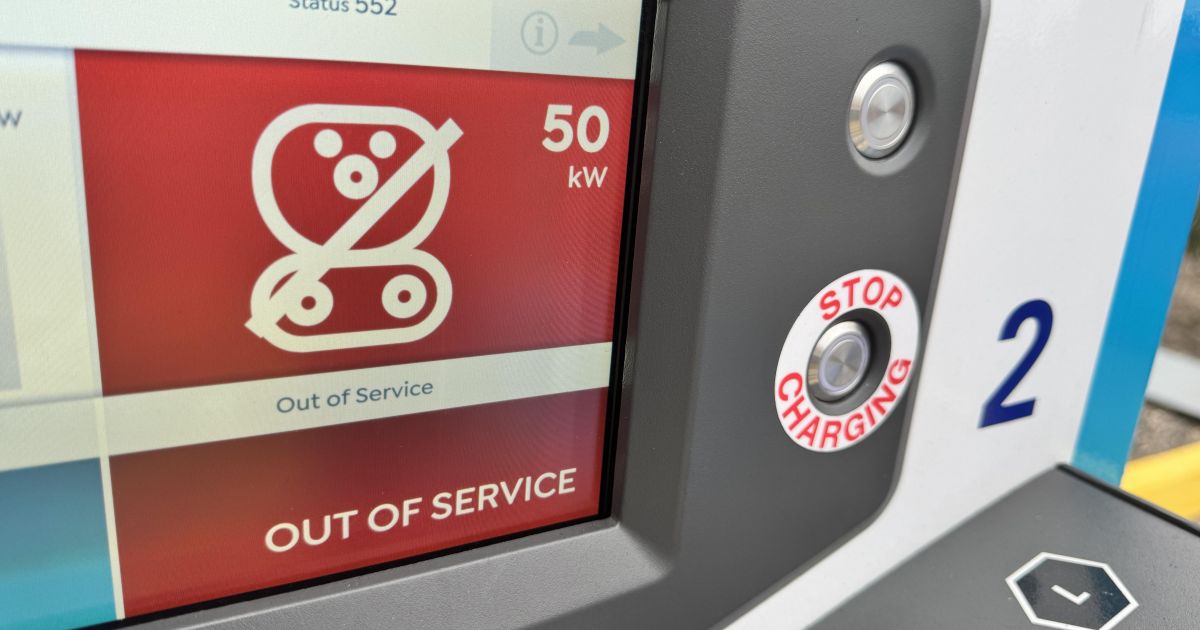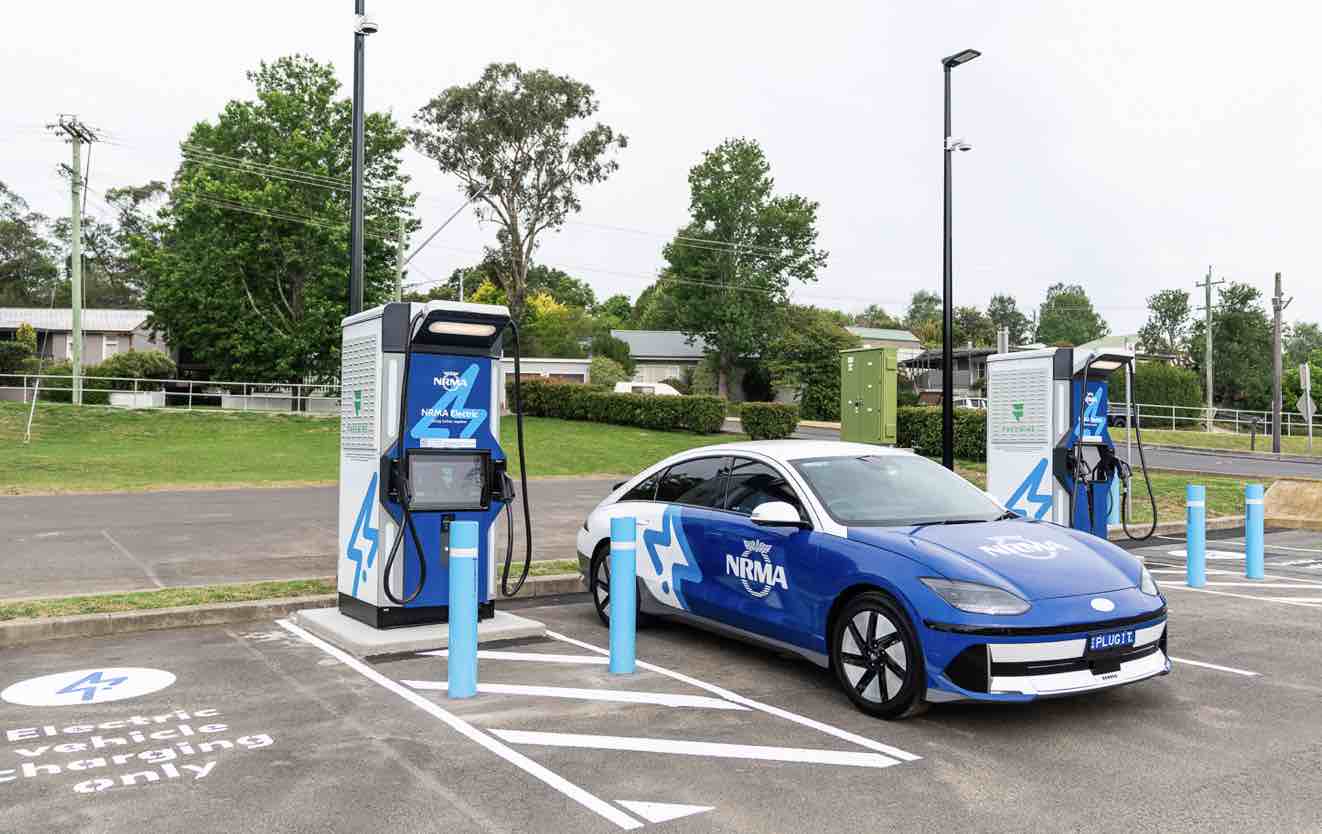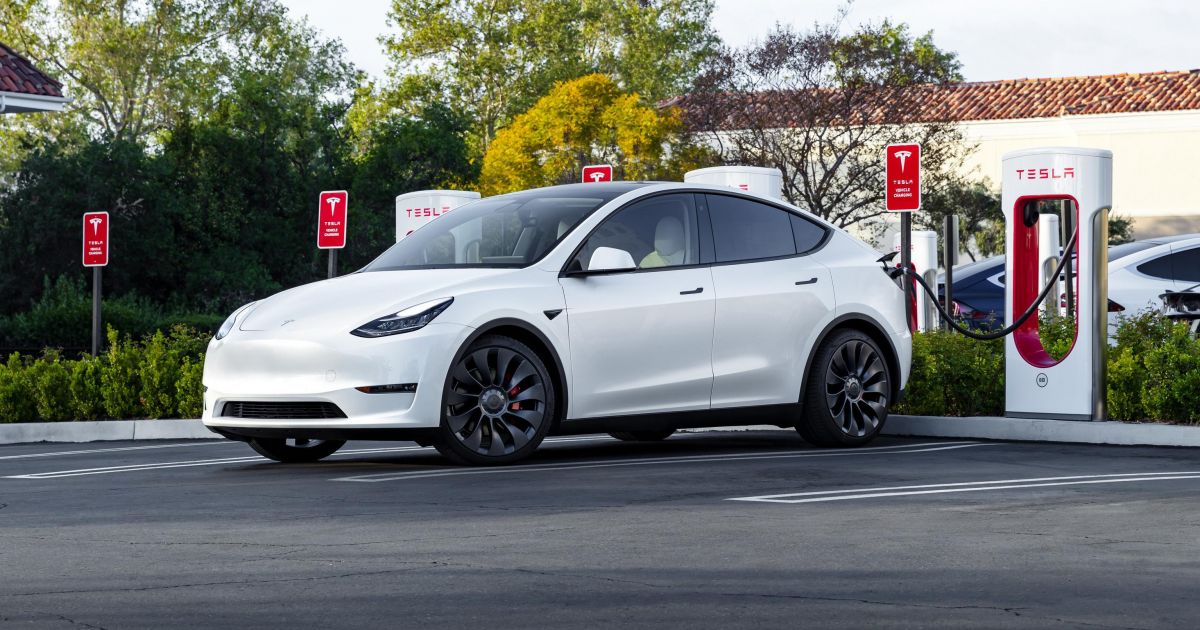We were having the same thing happening many years ago, everything going dim then bright. The power company did some work on the transformer on the pole 50m up the street, but it kept occurring .Some years back we went through a period during morning peak (everyone cooking breakfast) if we turned on the toaster and the Microwave oven, the oven turntable noticeably slowed and lights dimmed. I think at the time we contacted the Electricity supply and they came and replaced the old pole fuse adjacent to the street transformer, told us it was a poor connection to the very old fuse that caused the problem rather than insufficient supply at peak times. Whatever, the complaint worked. I just wanted a solution to the immediate problem so the truth or whatever was not important, supply problem fixed.!
I guess if lots of owners plugged in their EV's at the same time, there might be a similar dip in supply power. I would be concerned if we had fires develop in weaker circuits.
Ken
I got home from work one day and phew, a very strong burnt electrical smell hit me when I opened the front door.
The supply problem melted the power supplies in the TV, VCR, pay TV box, microwave and fridge, and not one circuit breaker tripped.
Except for the pay TV box, I had all the items repaired (back when you actually got stuff repaired) and sent the bill to SEQEB.
I received a generic letter back saying that "after investigation" they concluded my electrical issues were caused by a "lightning strike" on the time and day in question, and that they weren't liable.
I sent back my neighbour's fax machine alerts, (that had been spitting out all day on the date in question), that all had "low voltage warning" printed on them, and also asked why they replaced the transformer (that they had been trying to repair) on nearby pole number #### the following day?
They sent back another letter that started off with "without admitting liabilty" and a cheque for the requested amount.
That was the day I learnt the power providers aren't our friends.





